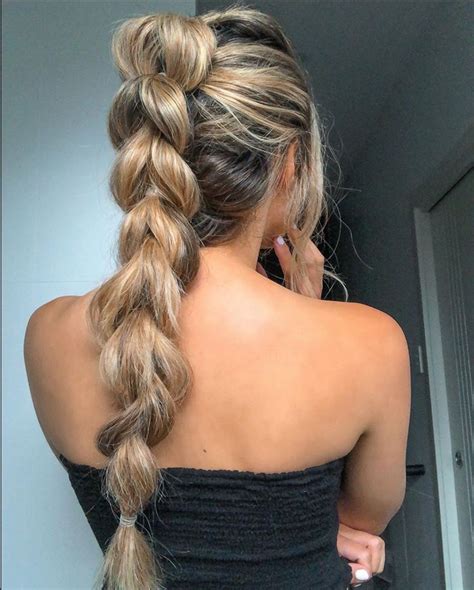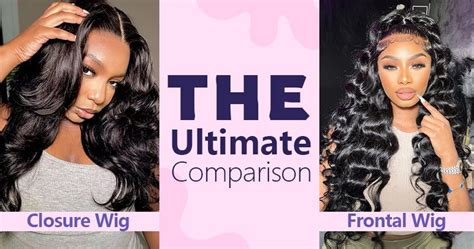Lace closures and lace frontals are both popular hair extension methods that can enhance your look and boost your confidence. But which one is right for you? In this comprehensive guide, we’ll delve into the key differences between closures and frontals, so you can make an informed decision.

Table 1: Closure vs. Frontal Comparison
| Feature | Closure | Frontal |
|---|---|---|
| Size | Typically 4×4 inches or 5×5 inches | Covers the entire hairline |
| Coverage | Conceals the center part of your hair | Creates a seamless hairline |
| Parting | Fixed | Can be parted anywhere |
| Style Versatility | Limited | Greater flexibility |
| Cost | Generally more affordable | Often more expensive |
Closure: A Smaller, Focused Option
A closure is a small, square or circular piece of lace that is attached to the top of your head, covering the center part of your hair. It is used to conceal your natural hair and create a seamless transition between your hair and the extension.
Benefits of Closures:
- Relatively affordable
- Easy to install
- Provides a natural-looking part
- Suitable for beginners
Frontal: A Full, Realistic Look
A frontal is a larger piece of lace that covers the entire hairline, from ear to ear. It creates a seamless, natural-looking hairline that is virtually indistinguishable from your own.
Benefits of Frontals:
- Most realistic hair extension option
- Greater style versatility
- Can create different partings
- Ideal for experienced users
Which Option is Right for You?
The best choice between a closure and a frontal depends on your individual preferences and hair goals.
Consider a Closure if:
- You want a more affordable option
- You prefer a fixed part
- You’re new to hair extensions
- You have a smaller budget
Consider a Frontal if:
- You want the most realistic look
- You desire greater style versatility
- You’re experienced with hair extensions
- You’re willing to invest more
Factors to Consider When Choosing
In addition to the key differences discussed above, there are several other factors to consider when choosing between a closure and a frontal. These include:
- Hair Type: The texture of your natural hair can affect the suitability of closures and frontals. Fine hair may require more blending than thicker hair.
- Budget: Closures are generally more affordable than frontals, so it’s important to consider your budget when making a decision.
- Maintenance: Both closures and frontals require regular maintenance to keep them looking their best. This includes washing, conditioning, and styling.
- Lifespan: With proper care, closures and frontals can last for several months. However, the lifespan may vary depending on the quality of the hair and the maintenance provided.
Conclusion
Whether you choose a closure or a frontal, both options can provide beautiful and natural-looking hair extensions. The best choice for you depends on your individual needs and preferences. By carefully considering the factors discussed in this guide, you can make an informed decision that will help you achieve your hair goals.
